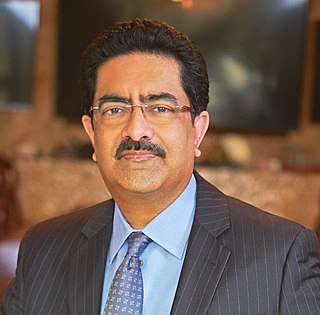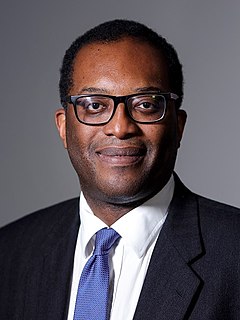A Quote by Lech Walesa
Capitalism is in crisis.
Quote Topics
Related Quotes
Capitalism, the ogre of those protesting Wall Street, has suffered a public relations crisis in the wake of the global economic collapse. But any remedy to the systemic corruption that led to the collapse should not displace recognition that capitalism creates wealth. Capitalism, and no other economic system, has raised millions from poverty around the world.
Capitalism is a powerful producer of output, crisis-mongering on the left notwithstanding, and this too makes the system seem to have a lot of promise. This is why it is so important to agitate against the system in good times and bad. We can't depend on some super crisis to get folks thinking but instead have to focus on all of the contradictions of the system which cannot be ultimately resolved by it.
I believe the world, and particularly the Judeo-Christian West, is in a crisis. And it is a crisis of - both of capitalism, but really of the underpinnings of the Judeo-Christian West and our beliefs. We are in an outright war against jihadists, Islam, Islamic fascism. And this war is, I think, metastasizing almost far quicker than governments can handle it.
There's a real difference between venture capitalism and vulture capitalism. Venture capitalism we like. Vulture capitalism, no. And the fact of the matter is that he's going to have to face up to this at some time or another, and South Carolina is as good a place to draw that line in the sand as any.
People think what's in the US today is capitalism. It's not even close to capitalism. Capitalism doesn't have a central bank, capitalism doesn't have taxes, it doesn't have regulations; capitalism is just voluntary transactions. What they have in the US today I call crapitalism. But it's sad that so many people are confused and they think, 'Oh that's free markets in the US', when it's one of the least free market countries on earth.


































